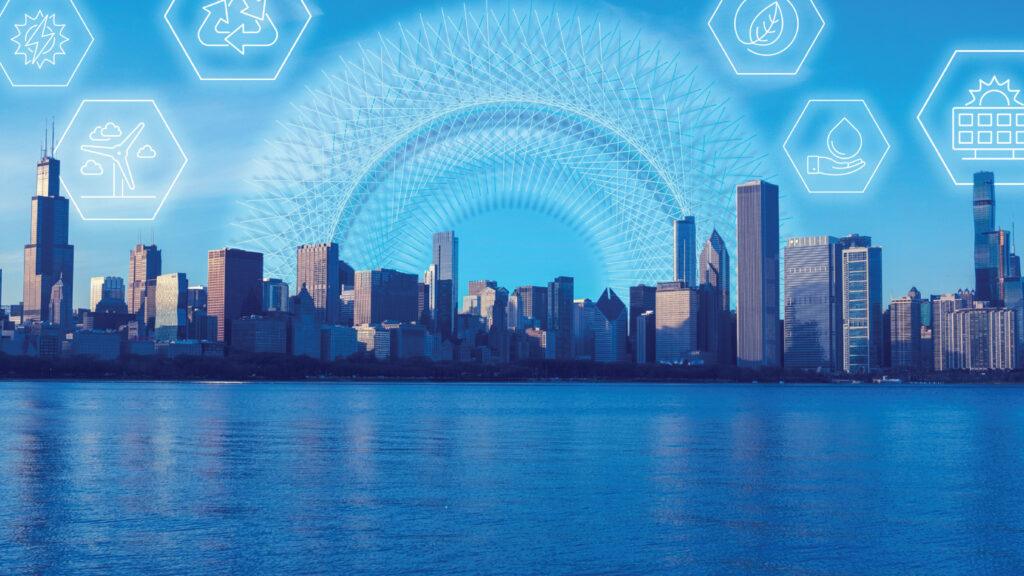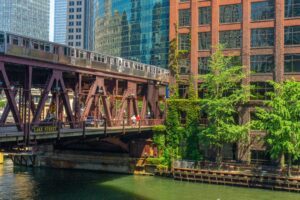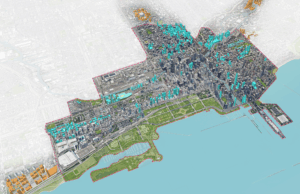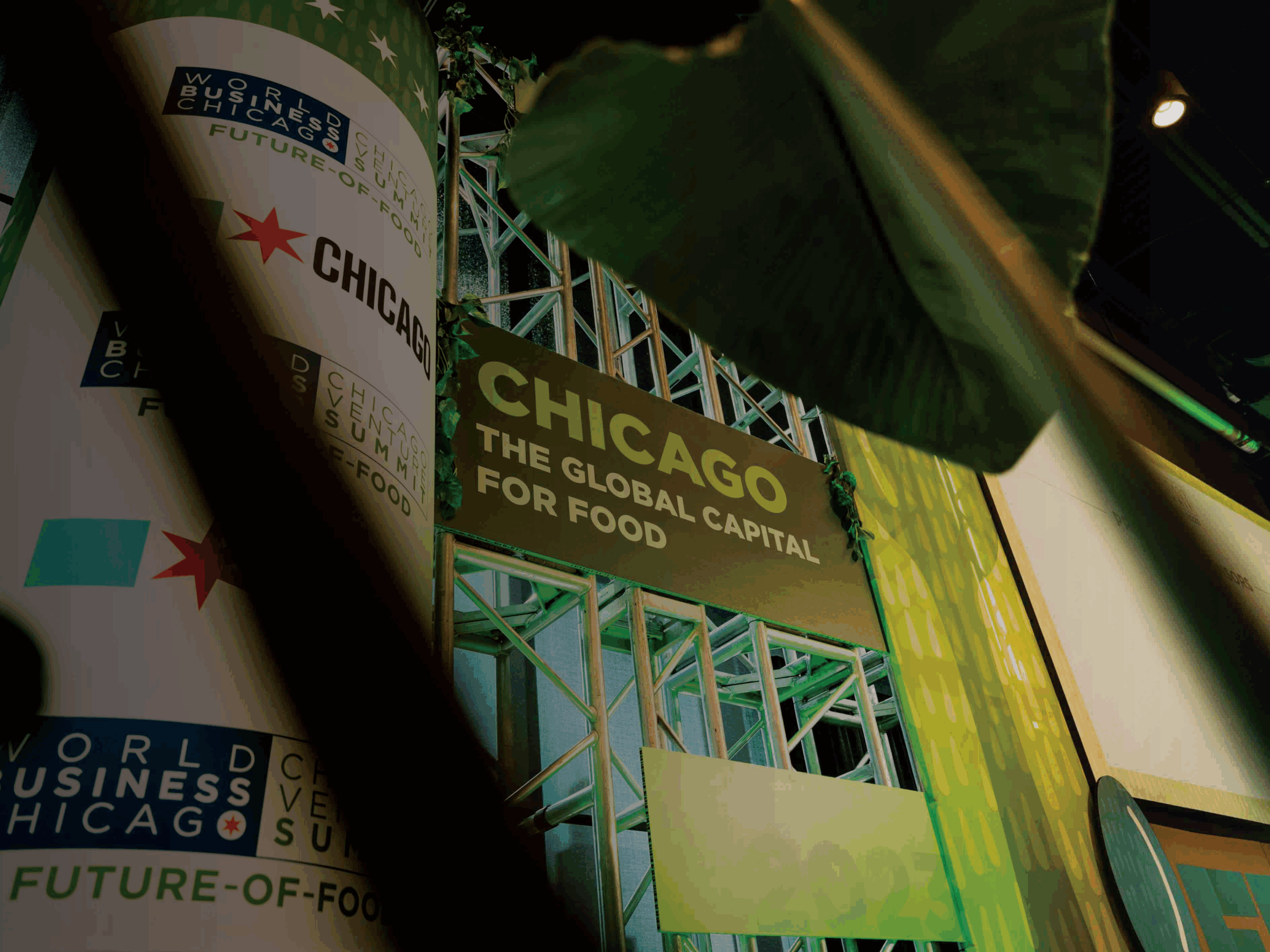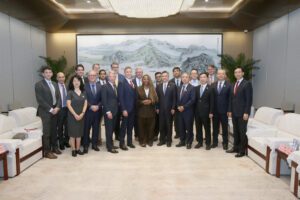Earlier this month, the Chicago Department of Environment hosted the Catalyzing Local Climate Action Workshop in partnership with C40 Cities, Climate Mayors, and the Urban Sustainability Directors Network (USDN), with support from the Rockefeller Foundation. The workshop brought together community organizations, local lenders, government entities, and environmental organizations to share climate-related funding opportunities, discuss clean energy projects, and build strategic partnerships.
Key Takeaways:
- Greenhouse Gas Reduction Fund (GGRF): Awardees of the GGRF, a part of the Inflation Reduction Act (IRA), discussed how the fund can be used for transformational community development projects, including housing and transportation. Programs and term sheets for the GGRF are expected in late 2024/early 2025, depending on the program administrator.
- Opportunities for Chicagoland: Priority for GGRF funding will be given to projects that reduce greenhouse gas emissions and benefit low-income and disadvantaged communities (LIDACs). Now is the time for the Chicago community to begin building a pipeline of projects that align with these goals.
- Workforce Development & Equitable Employment: Workforce development remains a central focus of the IRA, particularly in the clean energy sector. Illinois-based organizations such as HACIA, 548 Foundation, and Climate Jobs Illinois shared their efforts in addressing the sector’s growing workforce demands. However, a key challenge identified was the need for deeper collaboration between clean energy businesses and workforce organizations to ensure the clean energy transition meets national goals for good jobs. WBC is committed to convening the private sector to build Chicago’s clean energy workforce in an equitable and sustainable way. WBC also shares clean energy workforce funding opportunities, such as the Good Jobs in Clean Energy Prize (details below).
- IRA clean energy tax credits, examples, and resources were another topic of conversation: Presenters from Columbia Law School’s Sabin Center introduced resources provided by Lawyers for Good Government (L4GG), including annotated tax forms and a Clean Energy Tax Navigator to guide organizations through the tax credit process for eligible clean energy projects.
WBC will continue to work closely with the Chicago Department of Environment and C40 Cities to address barriers and ensure the Chicago community can access this unprecedented funding.
WBC monitors funding opportunities and supports Chicago organizations seeking funding. If you have a Chicago climate project or priority in mind, we can help connect you to the right resources. Reach out to the PSIS team at psis@worldbusinesschicago.com to connect with the right resources.
Funding Opportunity Highlight
Full list of opportunities available on our grant tracker
- Amount: $100,000 to $5 million
- Due: October 28, 2024
- Eligibility: Nonprofits, colleges, venture development organizations, economic development organizations, entities focused on STEM/innovation/entrepreneurship, non-federal governments, consortia
- Description: To grow entrepreneurial ecosystems and help innovators, entrepreneurs, and startups build and scale their new technology-driven businesses
- Amount: $50,000 cash for Phase 1, up to $300,000 for Phase 3 first place
- Due: January 31, 2025 (Phase 1 close date)
- Eligibility: New or existing coalitions; must include one from each category below:
- Description: For coalition-building to focus on creating quality, inclusive, equitable jobs in clean energy
Environmental Protection Agency (EPA) Brownfields Assessment Grants
- Amount: $500,000 to $4 million, varies per opportunity
- Due: November 14, 2024
- Eligibility: Local governments, states, and nonprofits, varies per opportunity
- Description: Grants to support the assessment and cleanup of brownfield sites
- To conduct site assessments, develop inventories, engage the community, and develop clean-up plans
- Revolving Loan Fund Grants ($1 million) – For loans and subgrants for brownfield cleanups
- Cleanup Grants ($4 million) – For cleanup activities at sites owned by the applicant
